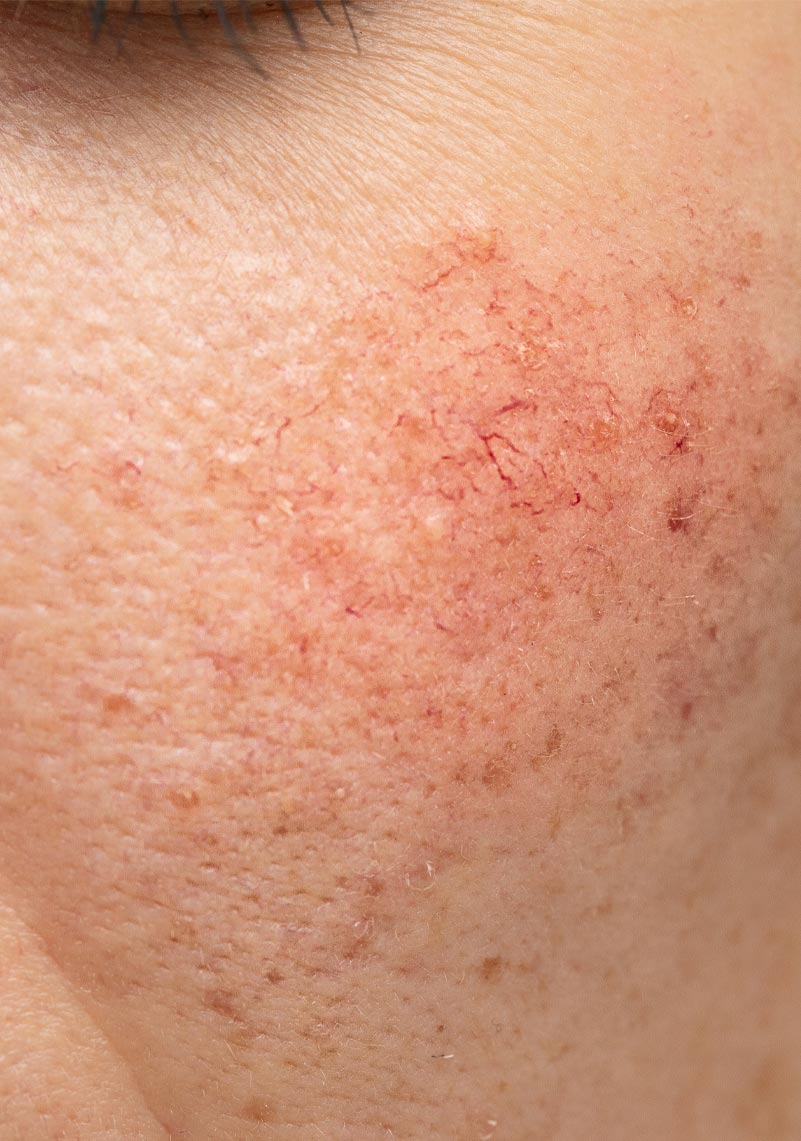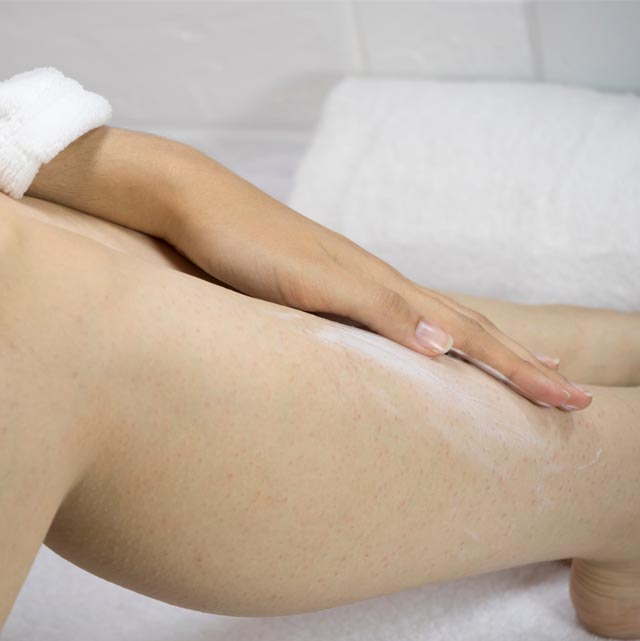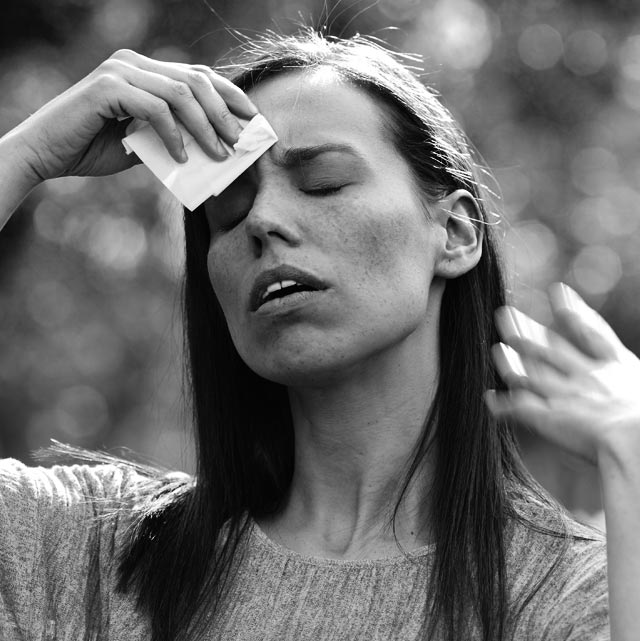Clinic News

WHAT IS ROSACEA?
Rosacea is a common skin condition that affects the face. It is typically experienced by more women than men, as well as with those who possess a fairer tone. Although it can develop in younger people, it is more likely to appear in adults between the ages of 30 and 60. For people who are affected by rosacea, they may be familiar with symptoms such as: facial redness, visible thread veins and small pus-filled spots. Flushing of the skin can come and go, and in more significant cases the skin can feel itchy, sore and inflamed.
WHAT CAUSES ROSACEA?
It is thought that rosacea has no definitive cause, however research has found that this condition may be associated with genetics, changes in hormones, the environment or an immune system that is overactive. Rosacea produces characteristic flare-ups, and the symptoms can exacerbate at impromptu moments. These flare-ups can often be linked to various triggers, including: alcohol, hot beverages, spicy food, sun exposure, hot weather, certain medications, cosmetic products and exercise.
HOW CAN I TREAT ROSACEA?
Rosacea can be a long-term condition, and finding a solution to completely clear it up, can be difficult as there is no known cure. It has been found that to help a person with this concern, the most suitable approach is to help ease the symptoms, which will involve avoiding any potential triggers. At The Facebible our experts give great skin care advice and can recommend the best way to care for the skin, including which products will be most suitable. We often suggest the use of IPL to reduce facial redness and to calm inflammation of the skin. If the condition has caused thread veins to appear, Clearvein spider vein treatment can restore a more even tone to the skin.







